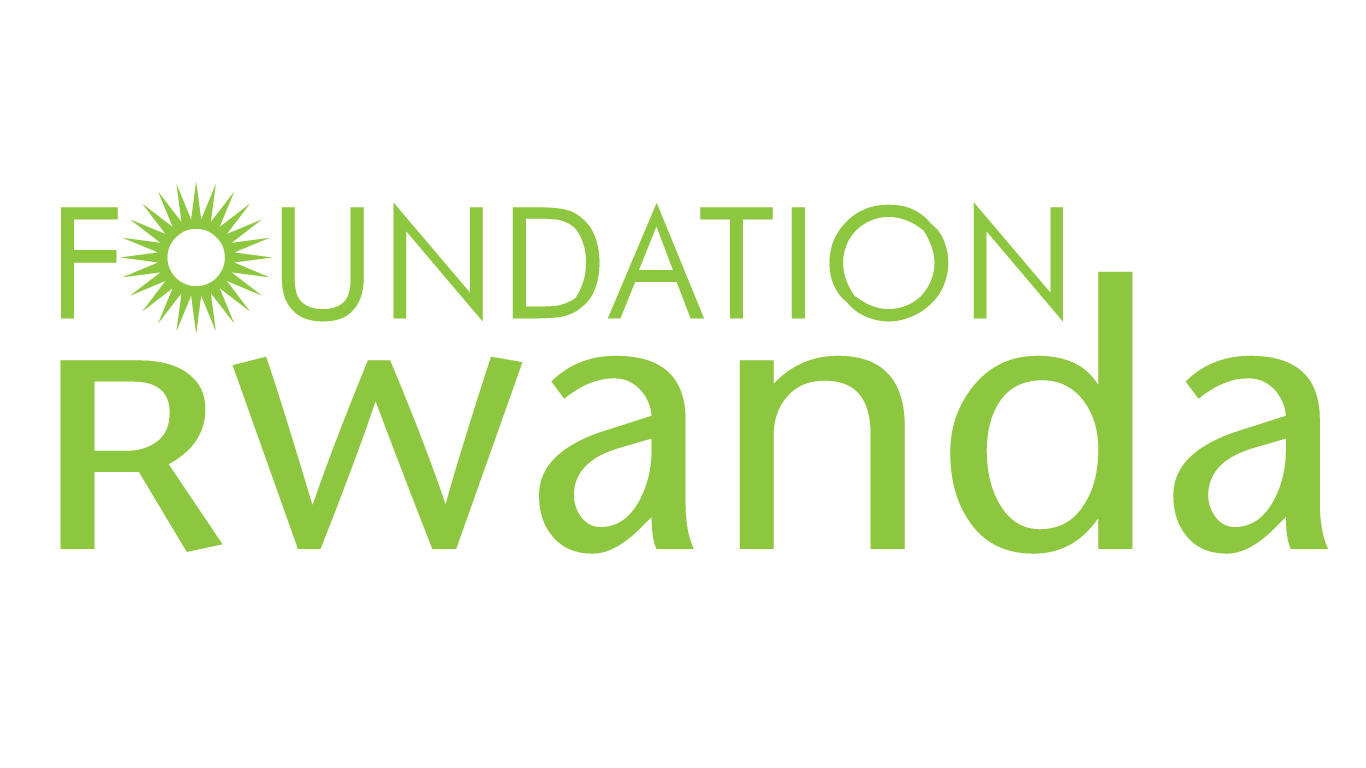Celestine and Her Mother, Anne-Marie
Butare, Rwanda
What I know about the genocide is that there was a division among the people – Hutus were the killers and the Tutsi were the ones who were killed. There were a lot of killings and a lot of rape because the killers would say, “if I save you, you must have sex with me to be protected,” so women and girls were forced into sex to be protected. What I know about what my mother went through is that she was attacked several times, and she witnessed killings, she was raped, and the man who raped her deceived her and told her that he loved her and would be her husband, but he only used her. That is what I know.
I felt very sad and was hurt when my mother told me how I was born, but I have found strength that there are other young people like me who have the same experience. When my mother told me this I asked her who is this man, and she told me who he was and I was even able to meet him, but soon after that he died. When I met my father, we were face to face, and I asked him, “Are you my father?” and he said no. He denied, he told me that he is not my father, but yet I heard people talking about him being my father. He said “I am not your father, maybe your mother got pregnant from other men she was with, but I am not your father.” I was expecting him to say that he was my father so I would have the satisfaction that I also have a father, but now I don't really know if he was my father or not. I was disappointed. If my father were alive and he asked for forgiveness I would forgive him. But if he does not even accept I am his daughter, how can I forgive him?
After my mother disclosed to me the circumstances of how I was born, I felt depressed and very lonely and wanted to be in isolation. Even at school I remember sitting and just thinking about being a child born from rape, and it affected me.
My relationship with my mother is good, but when she is traumatized during the commemoration period she has referred to me as one of the killers. I try not to overreact, but it hurts when she connects me to the people who committed the genocide… What makes my mother refer to me as a killer is the man, my father, who raped her, and he is a Hutu, so she refers to me as a Hutu like my father. It makes me feel bad to think that my father was a Interahamwe (Hutu militia), a killer and rapist.
The circumstances of my birth have played a big role in shaping my life because I want to work hard. I try to protect myself from any harm that can happen to me but I also want to be an important person in my community.
-Celestine, daughter of Anne-Marie, 2018


